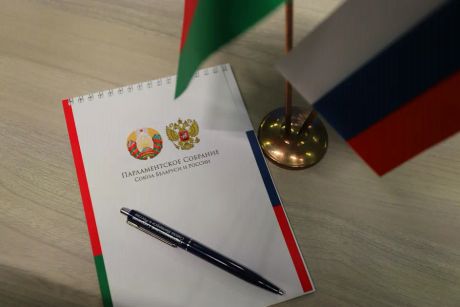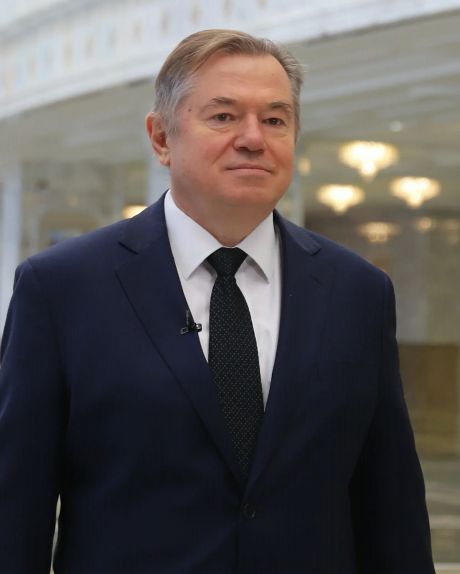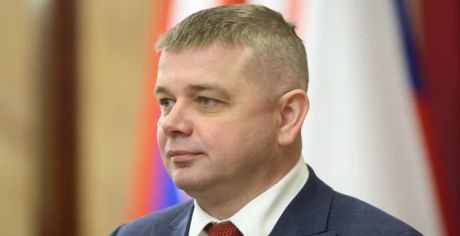Belarus-Russia Union State develops new program to overcome Chernobyl disaster consequences
20:00, 1 October

Photo: BELTA
A new program to overcome the consequences of the Chernobyl disaster until 2030 is being prepared within the Union State of Belarus and Russia, BelTA learned from the press service of the Parliamentary Assembly of the Union State of Belarus and Russia following a videoconference meeting of the Assembly’s Commission on Natural Resources, Ecology, and Environmental Protection held on 1 October.
- Share on Facebook
- Share on VK
- Share on Twitter
“The issue of preparing a joint proposal for the development of a program of joint activities of the Belarus-Russia Union State to overcome the consequences of the Chernobyl nuclear accident was discussed. The aim of the program is to improve social and economic recovery of territories affected by radioactive contamination, ensuring sustainable development of the affected regions. The cost of the program's implementation in 2026-2030 is expected to be about RUB 1.998 billion, with RUB 700.3 million (35%) coming from the Republic of Belarus and RUB 1.298 billion (65%) from the Russian Federation,” the press service reported.
In addition, deputies were briefed on the progress of the Union State project Modernization and Development of the Radiation Monitoring System of the Union State Using Mobile Radiometric Measurement Platforms. The project aims to improve the radiation monitoring system, which will enhance the effectiveness of tracking the radiation situation and assessment of radiation impacts on natural objects. It includes the development of experimental component prototypes that will enhance the capabilities of the hydrometeorological services of Belarus and Russia. The total funding from the Union State budget amounts to RUB 471,062, with a three-year implementation period. Parliamentarians recommended that Belhydromet and Roshydromet continue coordinating the modernization project and maintain oversight over it.
The meeting was attended by Commission Chair Zhanna Chernyavskaya, Deputy Chair Nikolai Valuev, commission members Igor Zhuk and Yuri Narkevich, as well as representatives of the Standing Committee of the Union State, the Emergencies Ministries of Belarus and Russia, Belarus’ National Center for Hydrometeorology, Radioactive Contamination Control, and Environmental Monitoring (Belhydromet), and Russia’s Federal Service for Hydrometeorology and Environmental Monitoring (Roshydromet).






